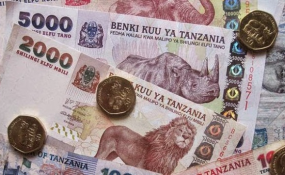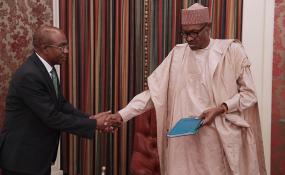By Juma Mohammed
Zanzibar — Zanzibar Petroleum Regulatory Authority (ZPRA) has pegged at eight years, the minimum period to start commercial exploration and production of oil and natural gas in the Isles.
Speaking to Senior Government Officials in South and North Pemba regions, ZPRA Deputy Director General, Engineer Ali Bakar said the survey of oil and natural gas was going through various stages, pleading for patience.
He said there are six steps before commencing the formal drilling and sales of oil but Zanzibar is still on the first of the costly steps.
“The cost of getting data of oil is too high … the work of gathering the information you need costs about 20 million US dollars,” said Engineer Ali, emphasising that the business of oil and natural gas extraction requires large capital.
He said the cost of drilling a well at sea during the survey costs 150 million US dollars (over 300bn/-) and therefore the undertaking requires huge investments.
“You may dish out such large amount of money and yet find out that the available deposits are not commercially viable,” said the deputy DG. Commenting on the survey of oil in Zanzibar-Pemba block, ZPRA Director General Omar Zubeir said the work will start soon using special ship and vehicles.
“Under this phase, experts will use special technology to find the sedimentary rocks, this will take place after the initial surveys, using special plane to identify the sedimentary rocks, are complete,” said DG Omar.
He hinted that rocks with oil reserves are within the distance of between three and four kilometres below the earth, adding that there is the distance of up to six kilometres before reaching the sedimentary rocks with thermal storage.
Speaking at the meeting, Regional Commissioner of North Pemba, Omar Khamis Othman said the region will offer all the required cooperation for successful survey work.
Regional Commissioner of South Pemba Mwanajuma Majid Abdalla said that there was need for people to be well informed about the entire work of exploration and extraction of oil and natural gas, saying many people have many and sometimes unrealistic expectations.
Airborne Gradiometer Full Tensor Gravity Survey (FTG) was completed last month, with FTG conducted by Bell Geospace Enterprises Company Limited of the UK.
The Second Vice-President, Ambassador Seif Ali Iddi, launched the survey in March, this year, with Bell Geospace Enterprises Limited conducting the survey on behalf of GAS RAK Ras Khaimah, from the United Arab Emirates.










